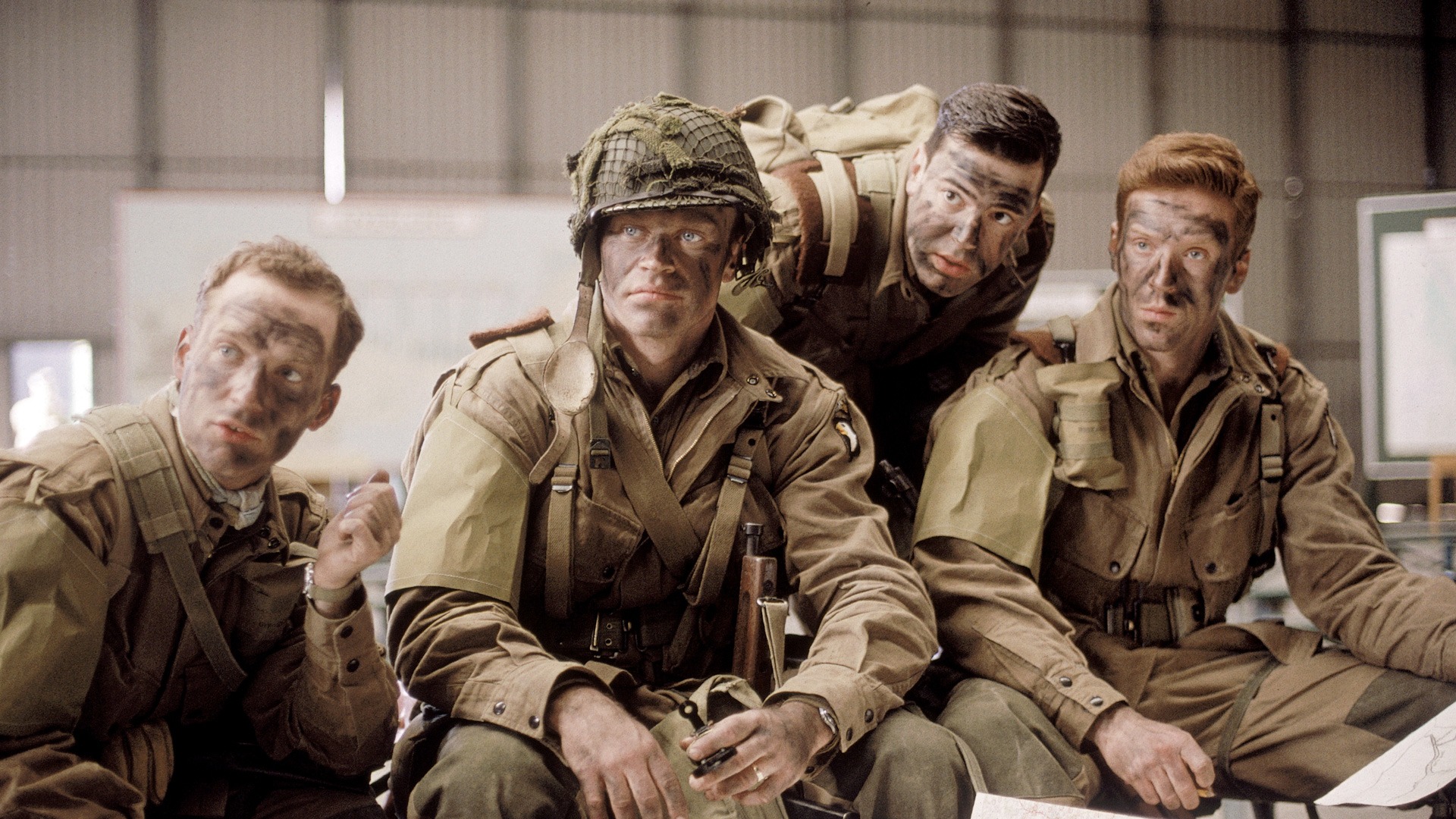While I enjoyed two non-fiction thrillers in Captain Phillips and Valkyrie, it was a third (dubiously historical) film, A Man for All Seasons, that swept me away. Robert Bolt's witty, emotional play is an amazing political fable delivered via fiery, powerful dialogue from a stellar cast of Shakespeareans. I probably just used way too many adjectives, but what the heck, it's great. My review.
 For June it's a narrow win for Babette's Feast over 12 Years a Slave. A lovely, meandering Danish film, Babette is one of the purest representations of joy that I've seen in a long time. There's also a lot about art, generosity, God, love, and food. Mostly food. This movie really enjoys food. Set in a gorgeous, barren landscape, Babette shows us those little tinges of grace - purple clouds, elegant cliffs, music, feasting, friendship, artistry. (For those who have seen Ordet, it reunites two cast-members 33 years later.) My review.
For June it's a narrow win for Babette's Feast over 12 Years a Slave. A lovely, meandering Danish film, Babette is one of the purest representations of joy that I've seen in a long time. There's also a lot about art, generosity, God, love, and food. Mostly food. This movie really enjoys food. Set in a gorgeous, barren landscape, Babette shows us those little tinges of grace - purple clouds, elegant cliffs, music, feasting, friendship, artistry. (For those who have seen Ordet, it reunites two cast-members 33 years later.) My review.TV:
 While Band of Brothers didn't affect me in the way it should have - emotionally - it's impossible not to respect the immensity of it. An enormous cast, impeccable production values, and gorgeous cinematography allow it to easily rival any big-budget Hollywood WWII flick. The few actors I kept track of among the chaos were superb, and it's fun to spot cameos from future stars (Andrew Scott, Tom Hardy, James McAvoy, Jimmy Fallon...) The neatest thing is that it's all true; the men really existed. My cousin even knew one of them. My review.
While Band of Brothers didn't affect me in the way it should have - emotionally - it's impossible not to respect the immensity of it. An enormous cast, impeccable production values, and gorgeous cinematography allow it to easily rival any big-budget Hollywood WWII flick. The few actors I kept track of among the chaos were superb, and it's fun to spot cameos from future stars (Andrew Scott, Tom Hardy, James McAvoy, Jimmy Fallon...) The neatest thing is that it's all true; the men really existed. My cousin even knew one of them. My review. Michael Gambon always adds an aura of class to a film, and these atmospheric, charming adaptations of Georges Simenon's Maigret novels are no exception. Shipping English actors overseas to play foreign characters only works sometimes, but this series pulls it off flawlessly, as it also does with the 1950s noir style. Gambon plays Inspector Jules Maigret, a burly, vague, quirky, intelligent sleuth. Like the Maigret of the novels, Gambon doesn't go for the more sleek, sexy attraction of a genius like Holmes, but a quietly endearing Everyman, empathizing with the beleaguered Parisian working classes, seeking justice in a morally gray world.
Michael Gambon always adds an aura of class to a film, and these atmospheric, charming adaptations of Georges Simenon's Maigret novels are no exception. Shipping English actors overseas to play foreign characters only works sometimes, but this series pulls it off flawlessly, as it also does with the 1950s noir style. Gambon plays Inspector Jules Maigret, a burly, vague, quirky, intelligent sleuth. Like the Maigret of the novels, Gambon doesn't go for the more sleek, sexy attraction of a genius like Holmes, but a quietly endearing Everyman, empathizing with the beleaguered Parisian working classes, seeking justice in a morally gray world.Hannah Long




